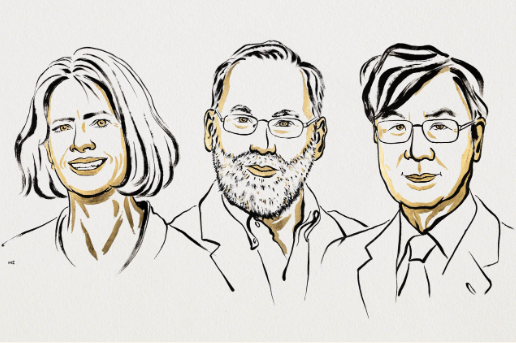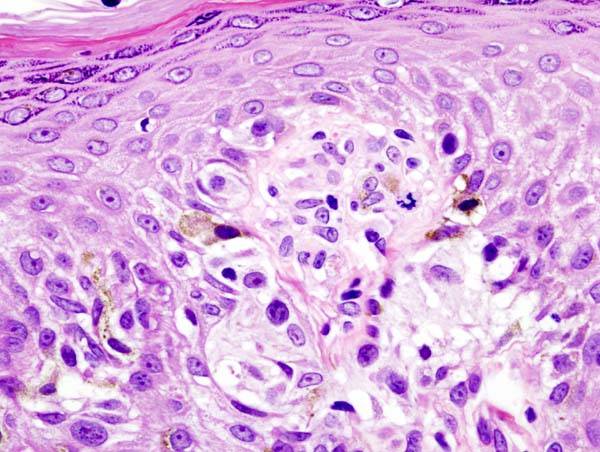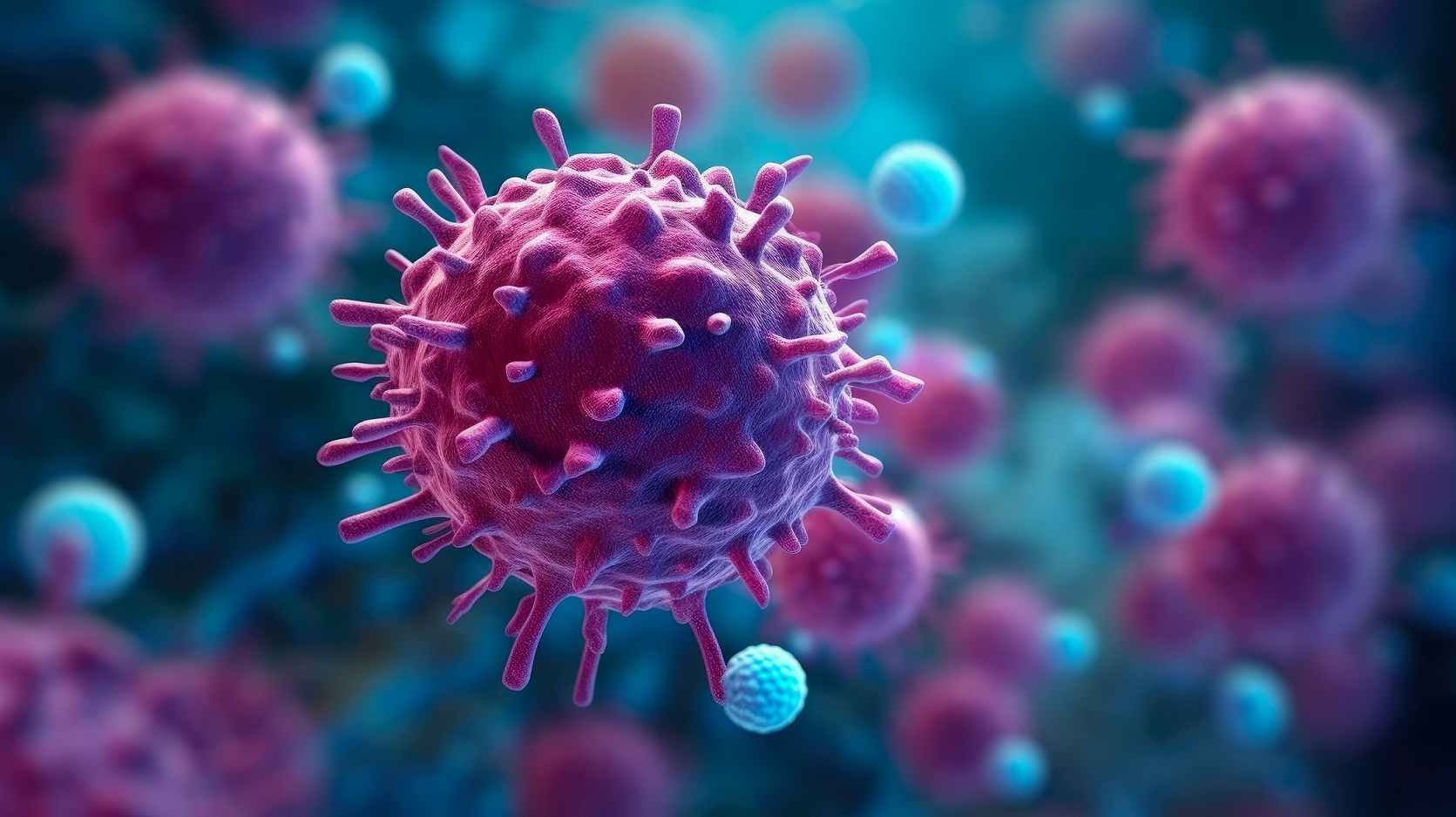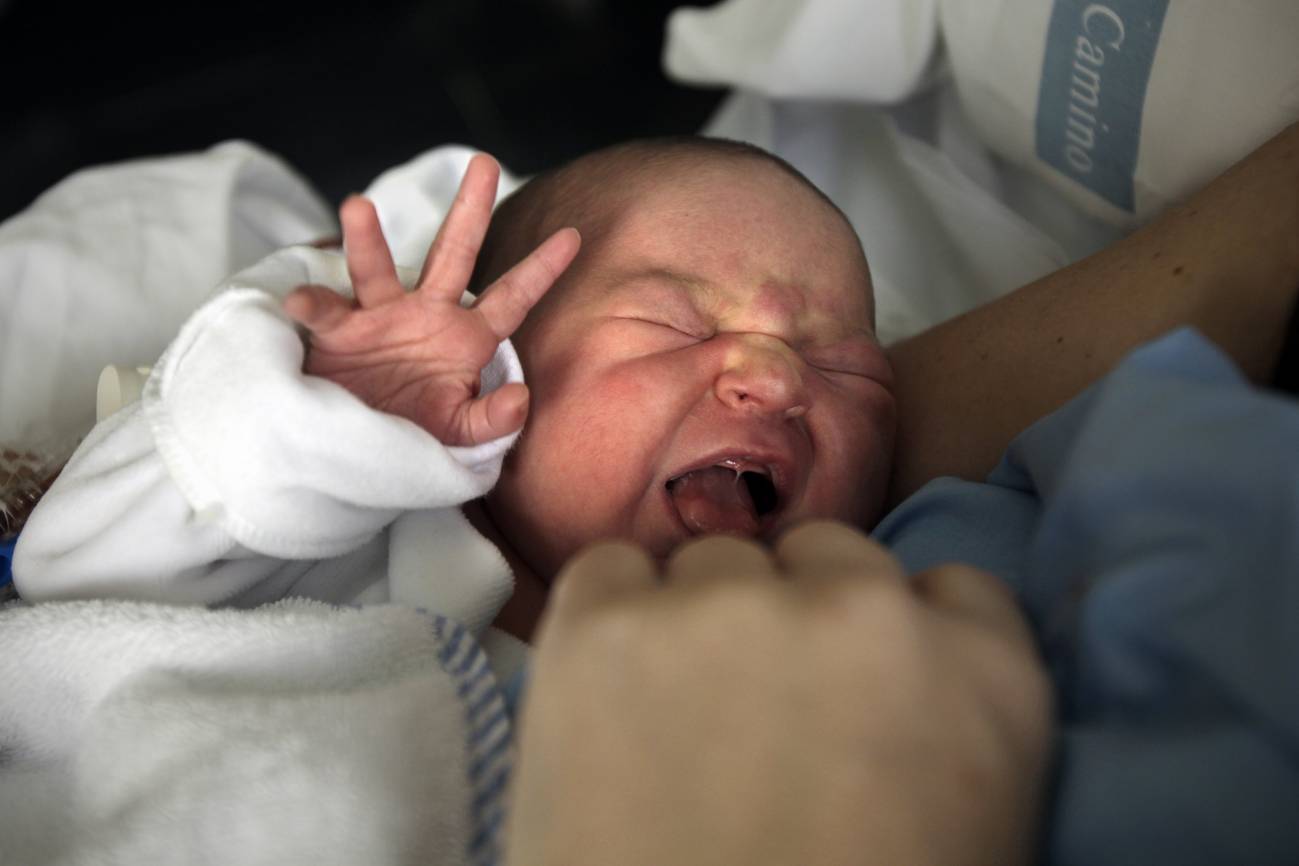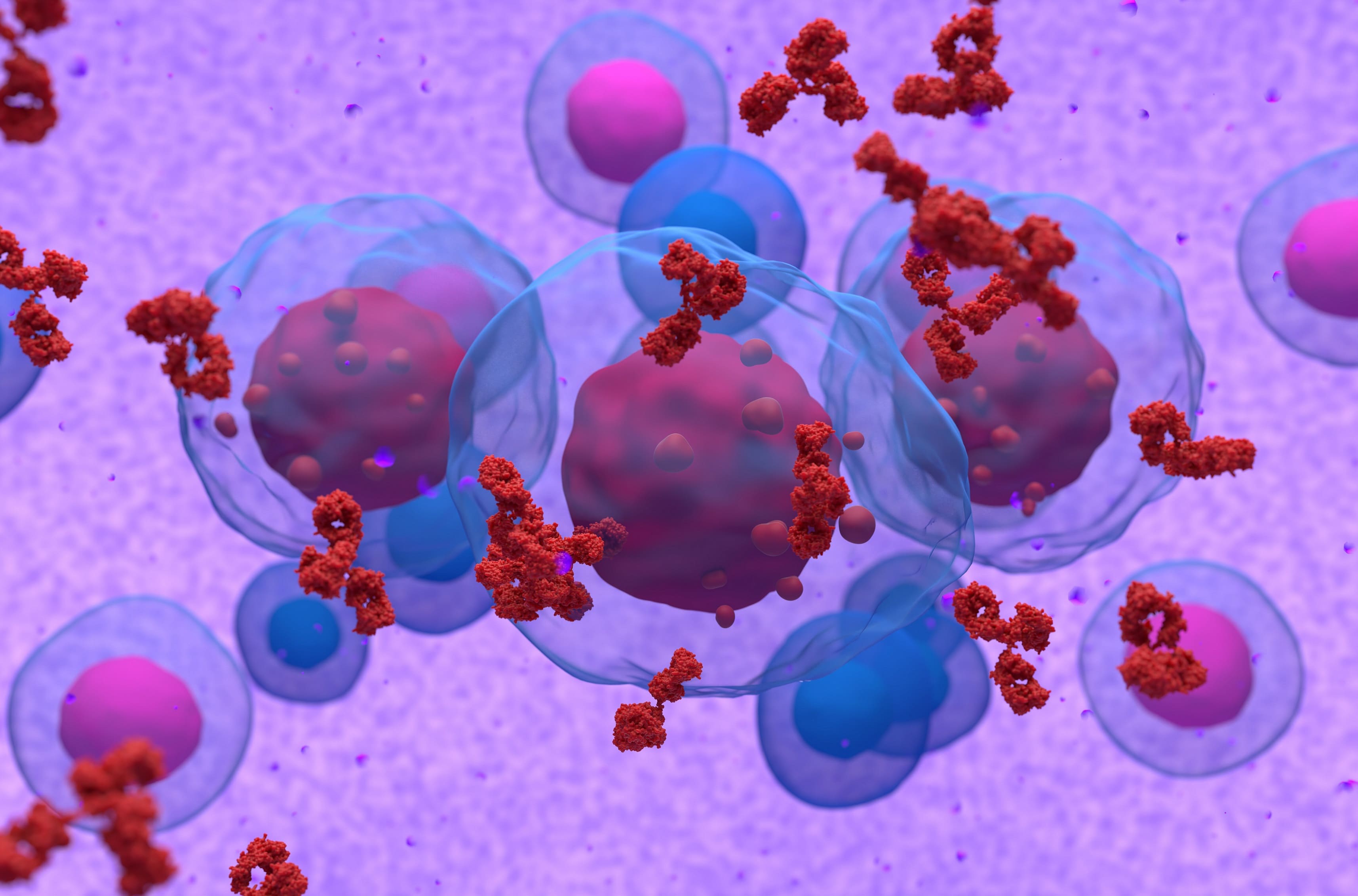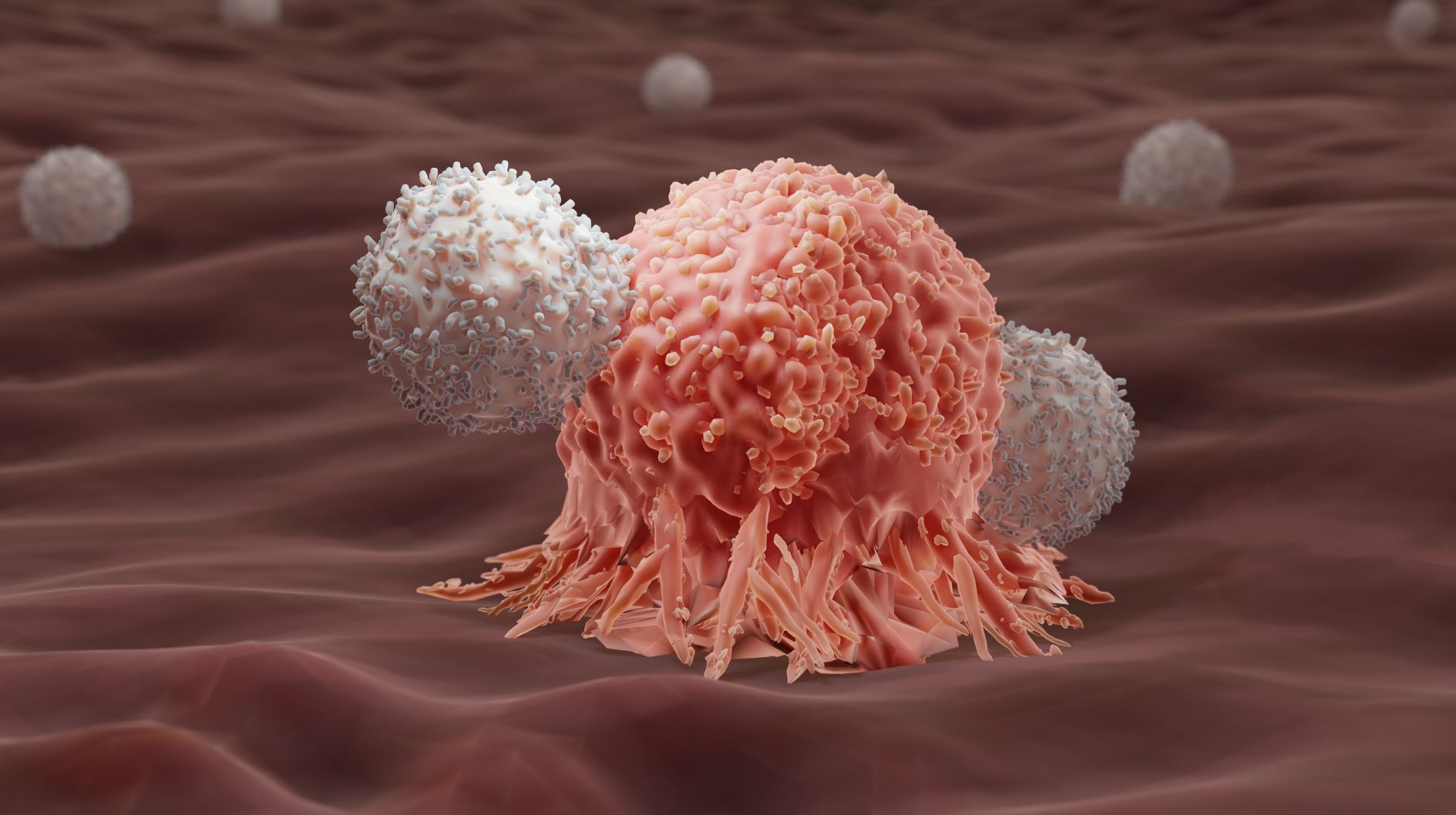Nobel Prize in Medicine or Physiology awarded to Mary E. Brunkow, Fred Ramsdell and Shimon Sakaguchi for understanding how the immune system is kept under control without attacking organs
The Karolinska Institute has awarded the Nobel Prize in Medicine or Physiology to Mary E. Brunkow, Fred Ramsdell and Shimon Sakaguchi for describing how the immune system is regulated so as not to harm us. His groundbreaking discoveries on peripheral immune tolerance have spurred the development of new treatments for cancer and autoimmune diseases.
